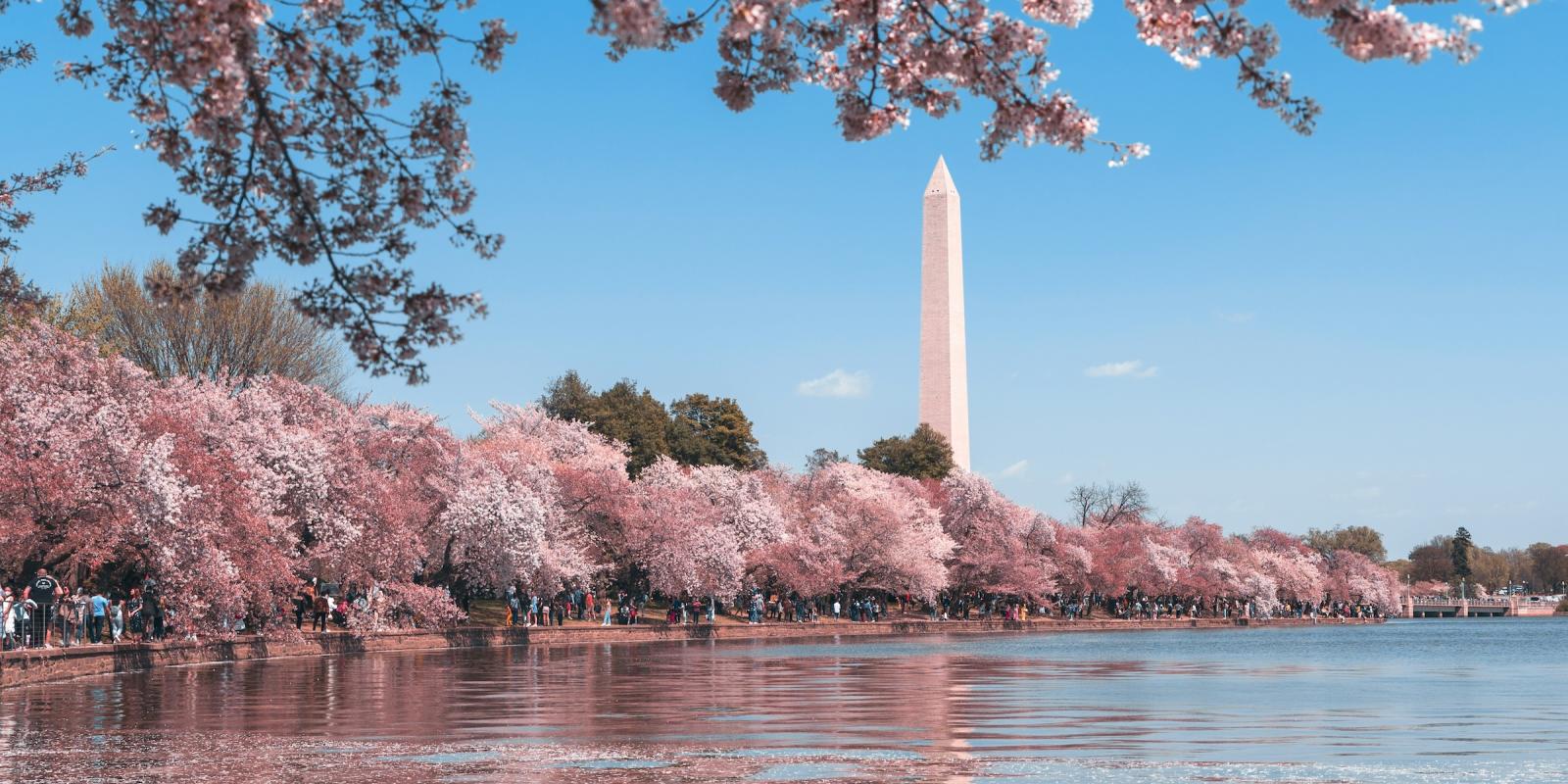A joint force of DEA, FBI and D.C. Police officials had spent nearly two years building their case against the District's largest drug network. At 5:30pm on April 15, 1989 officers arrested Tony Lewis at his home in Arlington. A few hours later, they nabbed the big prize – alleged ring leader Rayful Edmond III – at his girlfriend's house in the 900 block of Jefferson St., NW. With the two biggest targets in custody, officials launched searches at more than a dozen other addresses in the District and Maryland, including Edmond's grandmother's rowhouse at 407 M Street, NE, which was thought to be the headquarters of the operation... And what an operation it was.
